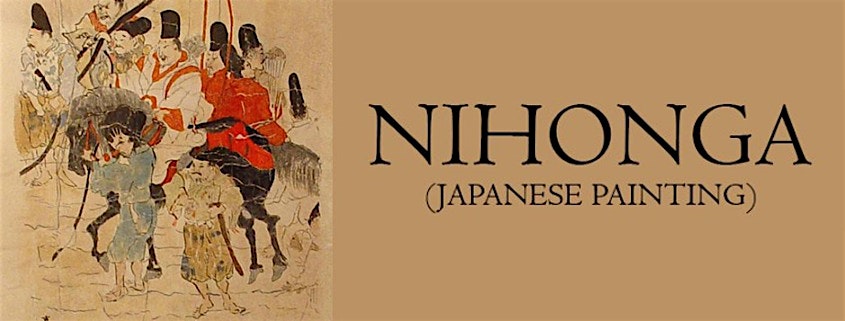
Nihonga, a general term for traditional Japanese painting, means, literally, “Japanese painting”. Here is an explanation about Nihonga at Yamatane Museum of Art, one of Japan’s most important Nihonga museums.
“Now in common use, this term originated during the Meiji period, to distinguish Japanese painting from Western-style oil painting. The distinction between Western-style oil painting and nihonga is thus, broadly speaking, the difference in the painting materials used. While some would argue that anything a Japanese artist paints is nihonga, the distinction based on materials continues to be used.
The term nihonga was already in use in the 1880s. Prior to then, from the early modern period on, paintings were classified by schools. At about the time that the Tokyo Fine Arts School was founded, in 1887, art organizations began to form and to hold exhibitions. Through them, artists influenced each other, and the earlier schools merged and blended. With the additional influence of Western painting, today’s nihonga emerged and developed.”
In this 3 two-hour beginners’ workshop, students will explore the tradition of Nihonga and its materials: making colors with mineral powders, binder of pigments from animal hives, Japanese “washi” paper, Japanese brushed, etc. We will start with small work with a flower-themed template. Anyone will be welcome, the instructor will take you through a step-by-step process.
After the beginner’s workshop, participants will be welcome to join the open studio hours with the instructor.
Class Fee: $180
One-time Material Cost: Each student will purchase materials(total of around $70) at the class from the instructor. If you have your own supplies, please bring them and you won’t need to buy one
Date: Three Thursdays, 4/10, 17, & 24, 5:30-7:30 pm
Maximum number of students: 10
Age: over 13 years old



